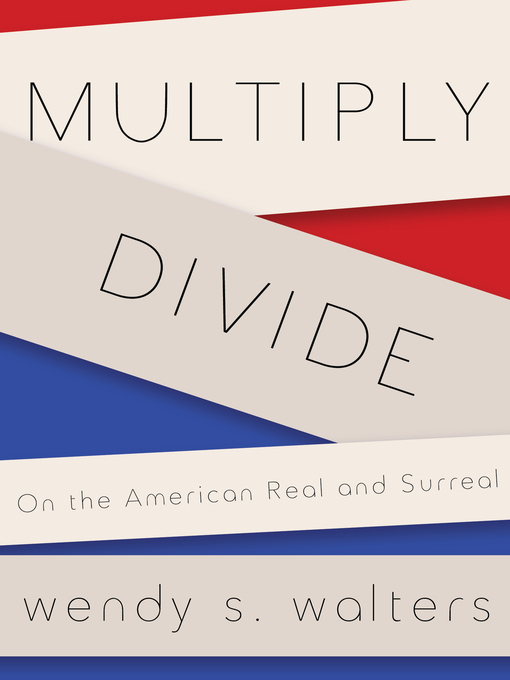I have never been particularly interested in slavery, perhaps because it is such an obvious fact of my family's history. The fact that I am descended from slaves is hard to acknowledge on a day-to-day basis, because slavery does not fit with my self-image. Perhaps this is because I am pretty certain I would not have survived it.
In the manner of Calvino's Invisible Cities, Wendy Walters deftly explores the psyches of cities such as Chicago, Detroit, Manhattan, and Portsmouth. In "Cleveland," she interviews an African-American playwright who draws great reviews, but can't muster an audience. An on-air telephone chat between a DJ and his listeners drives a discussion of race and nutrition in "Chicago Radio." In "Manhattanville" the author, out for a walk with her biracial son, is mistaken for his nanny. There's even a fable, imagining a black takeover of Norway. All of these essays explore societal questions—how eras of immense growth can leave us unable to prosper from that growth, how places intended for safety become fraught with danger, and how race and gender bias threaten our communities. As John D'Agata notes: "What probing, lively, ridiculously smart, gorgeously surprising essays."
Wendy S. Walters is the author of two books of poems, Troy, Michigan and Longer I Wait, More You Love Me. Her work has appeared in Harper's, Bookforum, the Iowa Review, and many other publications. She is associate professor of creative writing at The New School University in New York.


